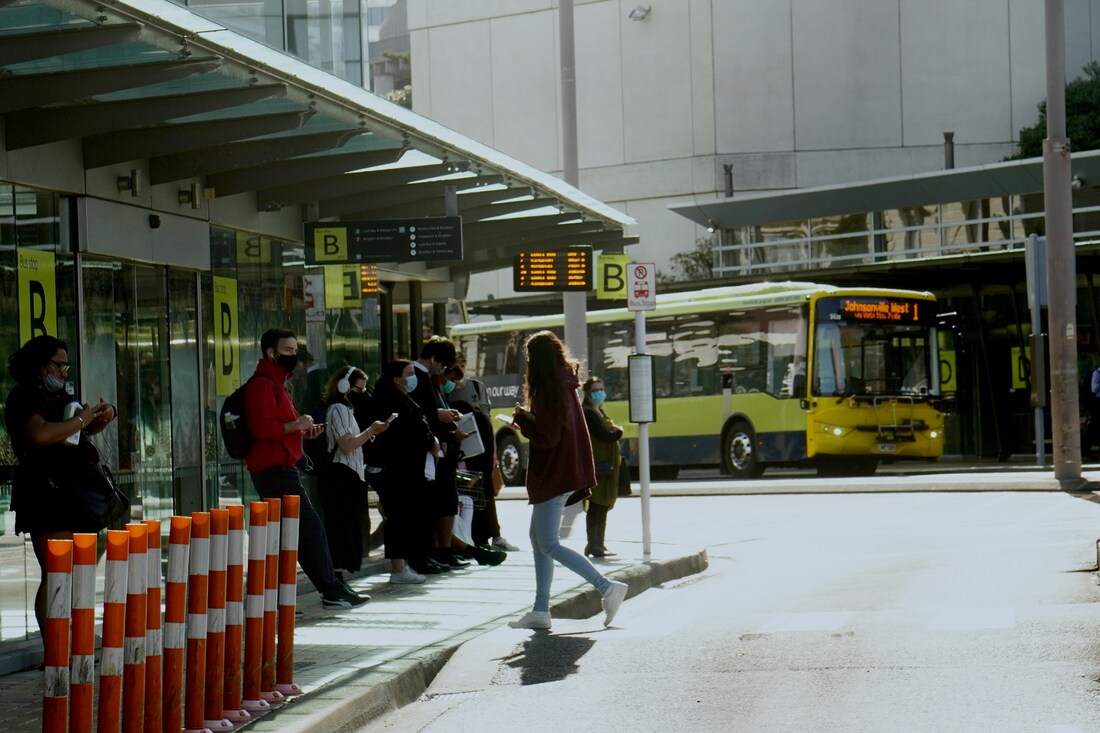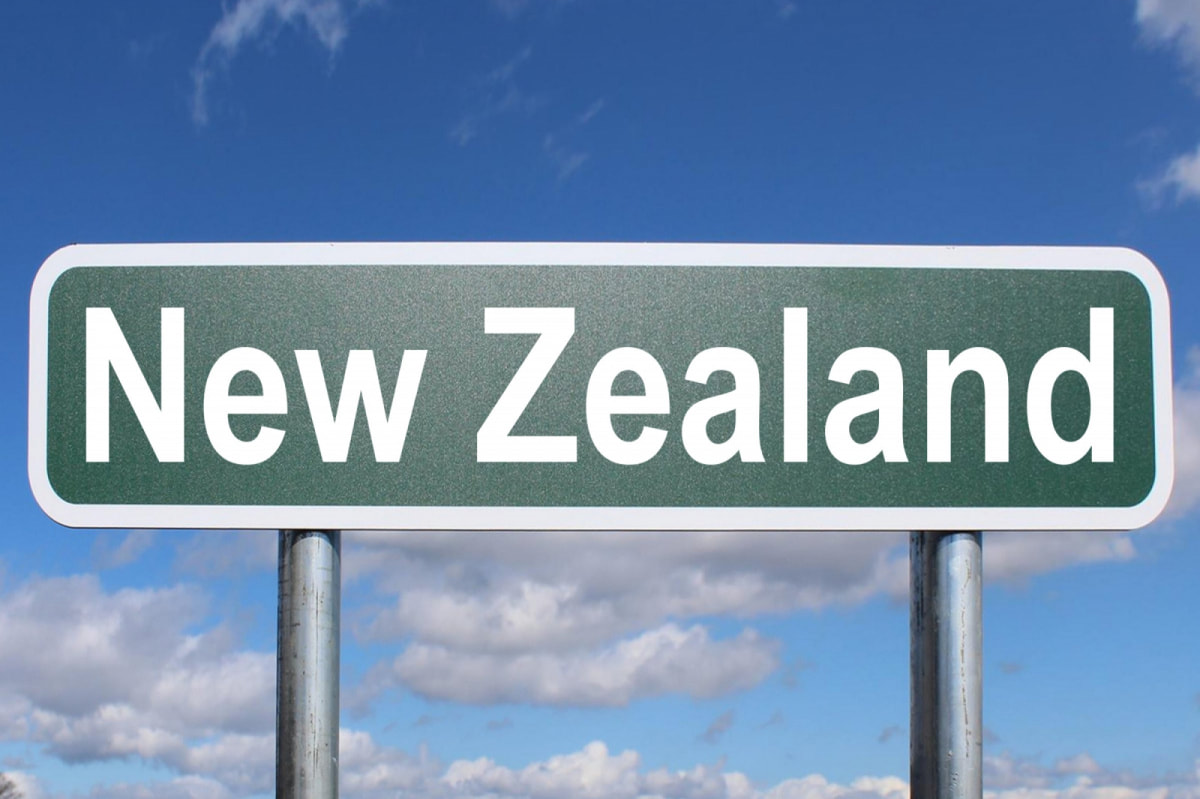Easy Visa Wanaka New Zealand - Immigration and Visa Consultant
|
Effective from April 7, 2024, bus and truck drivers applying for an Accredited Employer Work Visa (AEWV) will no longer qualify for a Transport Work to Residence visa. However, individuals who currently hold an AEWV or have applied for one (and subsequently receive approval) will remain eligible for the Transport Work to Residence visa.
0 Comments
On April 7th, 2024 the New Zealand Minister of Immigration unveiled significant changes to the Accredited Employer Work Visa (AEWV) program. These changes came into immediate effect and will have implications for both existing visa holders and prospective applicants. Changes to the length of AEWV If you currently hold an AEWV, these changes may impact your stay duration or eligibility for further AEWVs. If you applied for your first AEWV before June 21, 2023, and are in an ANZSCO level 4 or 5 job with a wage rate at or above the required AEWV level, your maximum stay duration of three years will no longer allow access to the full five-year maximum. If you’re in an ANZSCO level 4 or 5 job on a pathway to residence, these changes won’t affect you. For new applications, higher requirements for work experience and qualifications now apply. A standard of English proficiency is mandatory for roles assessed as ANZSCO skill level 4 and 5 and if you’re working in specific roles, your stay duration in New Zealand may be shorter. New Minimum Skill Requirements Minimum Skill Requirements have been introduced when applying for an AEWV and you must provide evidence of your work experience or qualifications. This is in addition to the skills and qualifications required by your employer for the job. Unless your role is on the Green List or pays at least twice the median wage, you must have either:
If your qualification is below a Bachelor’s degree level, an International Qualification Assessment (IQA) is necessary as evidence. New English Language Requirement If the job falls under ANZSCO level 4 or 5, demonstrating proficiency in spoken and written English is now a requirement. Revised Visa Duration and Stay Rules for ANZSCO Level 4 and 5 Roles For ANZSCO level 4 and 5 jobs paying at or above the required AEWV wage rate the maximum visa length for an AEWV is now reduced to 2 years with the option to apply for an additional year with a new Job Check. The total continuous stay on one or more AEWVs is now limited to 3 years. After reaching the maximum continuous stay, you must leave New Zealand for a specified period (usually 12 months) before applying for another AEWV. These changes apply to those who applied for their first AEWV on or after April 7, 2024, or before June 21, 2023. There is a limited number of ANZSCO level 4 and 5 roles that will be exempt from these changes including roles on the Green List, in transport and care sector agreements, and on a pathway to residence earning 1.5 times the median wage. The duration of an Accredited Employer Work Visa (AEWV) and the maximum continuous stay for individuals in ANZSCO level 1 to 3 jobs will continue to be 5 years. Eligible Secondary teachers will soon be able to apply for the Straight to Residence (STR) Visa starting in May. The role of Secondary school teacher will transition from the Green List Work to Residence pathway to the Straight to Residence pathway. Overseas secondary school teachers who qualify can apply for residence from offshore if they have a job offer from an accredited employer. Additionally, eligible teachers already working in New Zealand can also apply for the STR visa. It’s important to note that this change does not impact other teacher roles, which will continue to follow the Green List Work to Residence pathway. 23rd of September the Government announced 17 occupations that will be added to the Green List, creating new potential pathways to New Zealand residency. From March 2024 people working in the following occupations and who meet specific requirements will have a new pathway to residency:
To understand how these changes may affect you and to plan out your pathway to residency contact one of our Licensed Immigration Advisors today - www.easyvisa.co.nz 12 Month Stand Down Period Announced for New Zealand Accredited Employer Work Visa Holders6/21/2023 Effective November 2023, the government will implement a new policy for the Accredited Employer Work Visa (AEWV), introducing a maximum continuous stay of five years for individuals who do not have a clear pathway to residence. Those who do not meet the educational, qualification, occupation, or wage thresholds required for skilled residence pathways will be required to depart New Zealand for a period of 12 months before being eligible to apply for another AEWV.
The duration of other temporary visas, such as the Post Study Work Visa or Working Holiday Visa, will not contribute towards the five-year maximum continuous stay limit for AEWV holders. In line with this adjustment, the maximum duration of the Accredited Employer Work Visa will be extended from three years to five years, effective from November 2023. This extension will apply to new visa applications, while current visa holders will have the opportunity to apply for an additional visa, allowing them to remain in New Zealand for a total of up to five years (including the time already spent on an AEWV). Please note that this announcement represents the initial information provided by the Minister of Immigration, and further details will be made available in the upcoming months. A new simplified points system is set to be introduced for the Skilled Migrant Category (SMC) Resident Visa on October 9, 2023. The implementation of this new approach will offer a quicker pathway to residency for individuals occupying high-skilled positions, while also providing a clear route to residence for those who work in Aotearoa New Zealand for a certain duration.
These modifications aim to bring greater certainty to migrants and employers regarding the eligibility criteria for temporary work in New Zealand and permanent residency. Consequently, individuals will be able to make more informed decisions about their future plans. The revised SMC program works in conjunction with the Green List and Sector Agreement residence pathways, offering distinct residence options based on an individual's occupation, qualifications, or wage. According to the new system, all applicants for the SMC must either possess a job offer or be currently employed in a position that pays at least the median wage for occupations classified at ANZSCO skill level 1-3, or 1.5 times the median wage for occupations classified at ANZSCO skill level 4-5. Additionally, applicants need to accumulate a minimum of six points to be eligible. These points can be earned through various means, including New Zealand occupational registration, recognized qualifications, or income (which can contribute three to six points), as well as one point per year of work in a skilled job within New Zealand, up to a maximum of three points. The existing age limit, English language proficiency, health, and character requirements for residence applications will remain unchanged. As part of these changes, the Highly Paid Residence Visa will be integrated into the SMC program, eliminating its status as a separate category. Efforts will be made to process straightforward SMC applications, containing all the necessary information, within a timeframe of six to eight weeks. There will be no limit on the number of individuals who can obtain residence provided they meet the required skills threshold. The last draw for applications under the current SMC policy are set to take place in August. To speak with a licensed immigration adviser about how these changes may affect you and potential residence pathways, book a consultation today with Easy Visa to explore your options. On 27th February 2023 the new median wage of $29.66/hr came into affect.
Accredited employers wishing to employ migrants on Accredited Employ Work Visas must now meet this new pay threshold unless sector agreements apply. The median wage threshold also impacts residency pathways including the Skilled Migrant Category, Green List, and the highly paid work to residence scheme. To find out how we can help you gain employer accreditation or assist you in employing a migrant worker visit www.easyvisa.co.nz Changes have been made to New Zealand immigration settings, with several occupations being added to the Straight to Residence Green List.
From 15 December 2022, registered nurses and midwives will move from the Work to Residence to the Straight to Residence Green List pathway. All medical doctors will also be included on the Straight to Residence pathway. From March 2023, auditors will also be added to the Straight to Residence Green List pathway. It was also announced that the following professions will be added to the Work to Residence Green List pathway from March 2023:
Some of the most eagerly awaited New Zealand Immigration news since the reopening of our International borders were unveiled today by the Immigration Minister Michael Wood, with the announcement that both the Skilled Migrant Category Resident Visa and the Parent Resident Visa categories are set to reopen.
With the last Expression of Interest selection for the Skilled Migrant Category having been accepted back in 18 March 2020 it has been a long wait for many people to find out if and when the category would reopen. This is great news for people who are currently in skilled employment in New Zealand and may have missed out on eligibility for the recent 2021 Resident Visa or are looking to make New Zealand home, as it provides another potential pathway to residency. Expressions of Interest reopen on the 9th November 2022 maintaining the current points threshold however the points threshold is set to increase from 18 January 2023 and the Government have indicated further changes are likely from mid next year. With the threshold set to increase people who may only just meet the current threshold are advised to act quickly. For parents wishing to join their children in New Zealand the wait has been even longer with the previous Parent Resident category having been frozen back in 2016 pending a review into the category settings. The category will now reopen with a reductions in the financial requirements for sponsors as well as an increased cap in visas available from 1,000 to 2,500. The category is set to reopen on the 12 October 2022 with Expressions of Interest selections resuming from August 2023. To book a full eligibility assessment or for professional assistance in creating and submitting an application for either of these categories contact us at - www.easyvisa.co.nz - and speak with one of our Wanaka based Licensed New Zealand Immigration Advisors today. From 31 July 2022, Immigration fees and levies will increase for most visa applications. The average increase in the price of affected immigration services (excluding the eTA, Electronic Travel Authority) is around $81 (43%), with the largest increases for residence class visas.
The prices remain competitive with comparable countries, and the prices of some visas have been subsidised by the Government, including to recognise New Zealand's special relationship with our Pacific neighbours. Most visitor visas and some Pacific-focused visas will remain at current prices. The Skilled Migrant residence category will be capped at $5,000. A full list of the fee increases can be found here: https://www.immigration.govt.nz/documents/media/changes-to-fee-and-levy-rates-2022.pdf |
Archives
September 2023
Categories |









